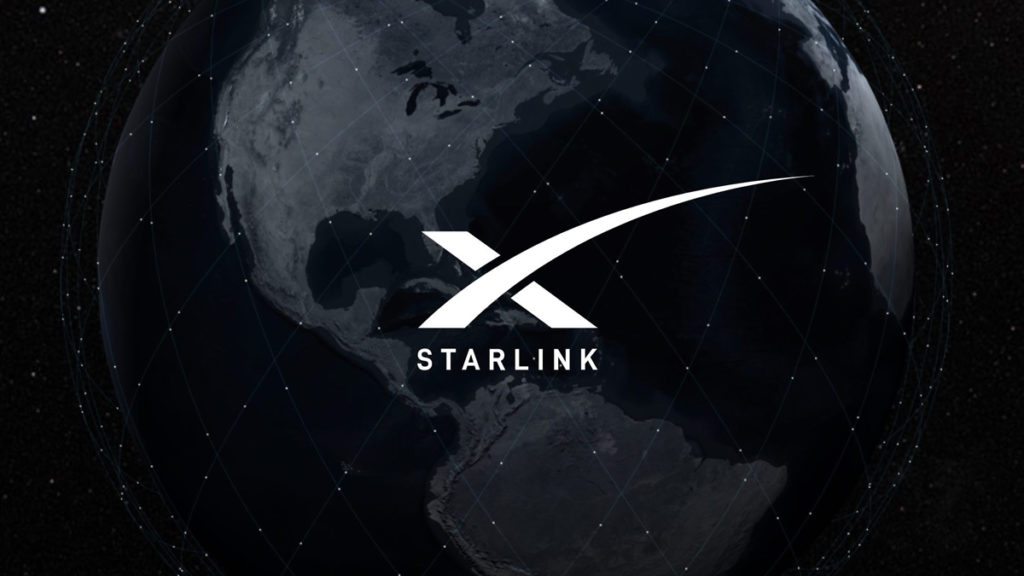Image: SpaceX
Speed tests for SpaceX’s satellite-broadband service, Starlink, have begun showing up on Ookla’s speedtest.net (via reddit’s r/starlink), and the numbers are pretty decent. Beta testers have been getting download speeds from 11 Mbps to 60 Mbps and upload speeds from 5 Mbps to 18 Mbps. While those numbers aren’t as good as the national broadband averages (96.25 Mbps down, 32.88 Mbps up), Elon Musk’s plan to bring fast-speed internet to challenging geographical areas appears to be shaping up well.
The speed tests are also showing...
Continue reading...
